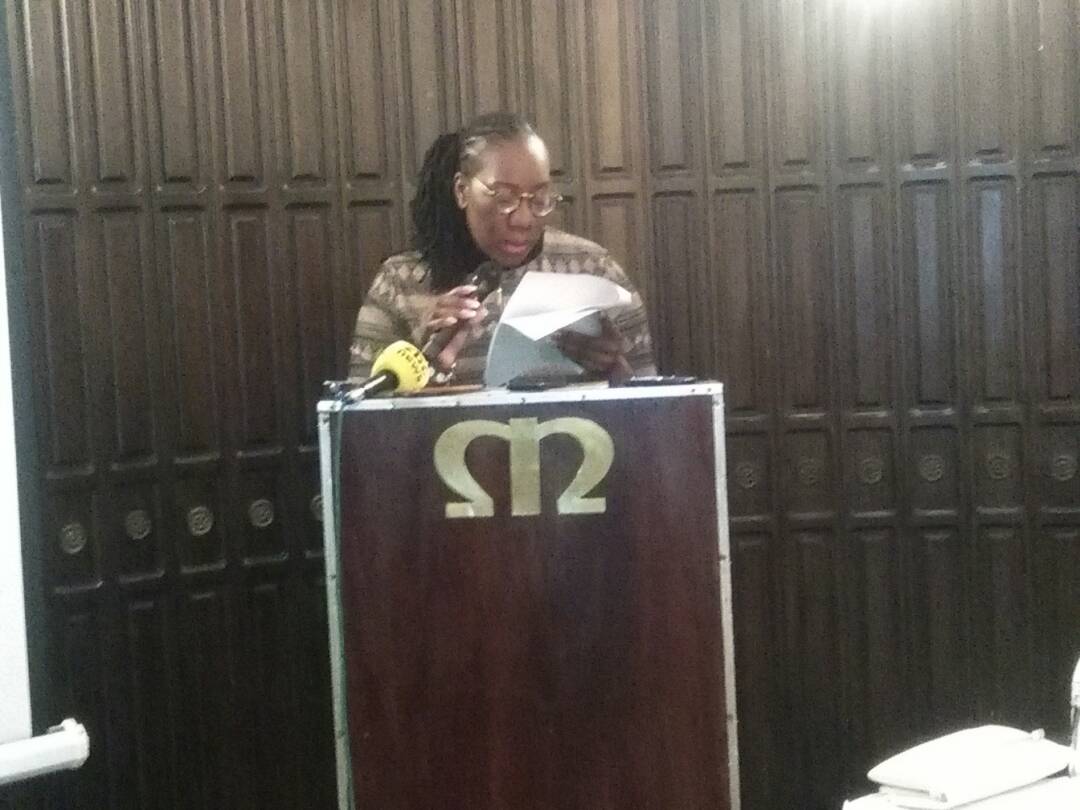By Byron Mutingwende
Parliamentarians have been urged to lobby for governance solutions and legislation that advance sustainable wildlife management and conservation in line with the sustainable development goals (SDGs).
This was said by Wonder Mashange, the Chairperson of the Zimbabwe Parliamentary Conservation Caucus at a wildlife governance workshop held at the Meikles Hotel in Harare on 7 July 2017.
“The Zimbabwe Parliamentary Caucus needs future engagement with all stakeholders to bring material understanding on how we can add value in the development of the wildlife governance agenda. It behoves us, therefore, not only to lobby for governance solutions and legislation that advance sustainable wildlife management and conservation in line with the sustainable development goals, but also to ensure that the government, through the national budget, channels more resources towards prudent wildlife management,” Mashange said.
Speaking on the same occasion, Anastancia Ndhlovu, the Deputy Minister of Tourism and Hospitality Industry said Zimbabwe’s tourism is mainly nature based and therefore its success mainly depends on flora and fauna. In that regard, she called for the sustainable utilisation of biodiversity and nature in general.
“In its 2015 Study Report (Towards Measuring the Economic Value of Wildlife Watching Tourism in Africa) that followed the presentation of our concept note on “Tourism and Biodiversity and Biodiversity: Zero Tolerance to Poaching in Africa by 2020”, the UNWTO identified nature-related activities constituting over 80% of Africa’s tourism product offering. Set against the scourge of biodiversity tourism, which in our parlance we call poaching, countries and the international community have the responsibility of protecting nature. Tourism is the cutting business edge of biodiversity in its marine and terrestrial nature, and without it, we cannot be there,” Ndhlovu said.
Ndlovu added that there has been a seismic shift from consumptive to non-consumptive forms of wildlife tourism, which offer visitors the experience of observing wildlife in natural and non-captive habitats. Poaching and other forms of environmental detriments are threatening wildlife. Some African countries have run short of particular wildlife species such as elephants and rhino due to poaching. Thus, there is need to move towards more enforced conservation.
The minister hinted that poaching was threatening tourism in light of the fact that wildlife is the backbone of the tourism industry. In 2013, over 100 elephants were killed through cyanide poisoning in Hwange National Park.
“More animals of different species have been at the mercy of poaching, threatening the survival of the tourism industry. This has been fuelled by the lack of adequate resources and poor coordination among transfrontier countries in fighting poaching,” Ndhlovu said.






